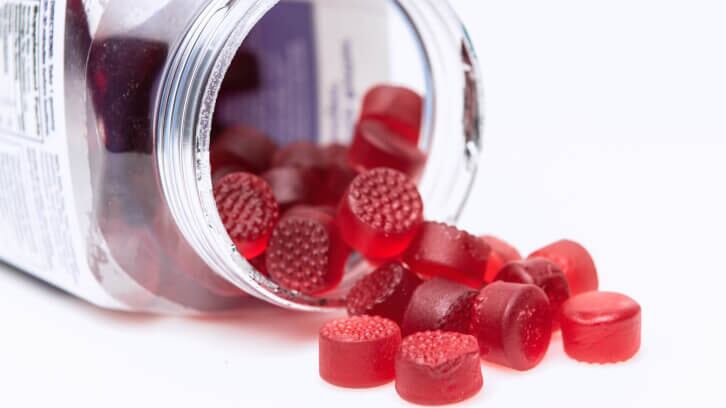A chance discovery in 2022 by Dr. Lingyun Chen and her team at the Department of Agricultural, Food and Nutritional Science at the University of Alberta, unlocked a way to create a plant-based gelatin substitute from pea protein.
The novel product, which is patent pending, reportedly has a higher protein content than existing plant-based gelatin substitutes, but can also change easily from liquid to gel – and back again.
“During an experiment, we accidentally found that certain conditions, such as pH, caused ‘thermal reversibility’ in pea protein, which could make industrial applications much easier,” stated Dr Chen in an article from Natural Products Canada.
The discovery, if successfully scaled up to an industrial level, could offer a plant-based alternative to gelatin as a thickener in foods such as soups, sauces and candies, as well as for dietary supplements.
Dr Chen is reportedly already collaborating with a multinational leader in plant-based ingredients, using Canadian-grown peas as the raw material. The project has also received $78,430 from NPC to help evaluate how the pea protein-based gelatin substitute performs in real-food applications, and to prove its ability to scale up.
“The NPC money will be very important to demonstrate that our process can be used in industry,” Chen told NPC. “There are certain treatments, such as pasteurization, that you don’t do in the lab. If the ingredients can survive these treatments, it will be that much closer to market.”
Market
Gelatin is used in multiple different dietary supplement formats from capsules to gummies. The latter have exploded over the past five years or so, although Scott Dicker, Director of Market Insights at SPINS, told NutraIngredients-USA’s Opportunities in Delivery Formats webinar in April that sales for gummies in the 52 weeks ending March 26th declined 4%.
“I was very surprised that we’re seeing a decrease in sales [for gummies],” said Dicker. “Judging by how prevalent gummies were at Expo West, and you see a lot of the innovation coming out as gummies, I would expect that when we look back in three, six, 12 months that gummies are going to have a big year.”
“Gummies aren’t doing as well as they appear, but there are pockets of growth,” he added, before noting that performance nutrition has seen a 71% increase in sales of gummies over the past 12 months, with probiotics and digestive aids (16%), and magnesium (52%) also seeing a lot of growth in the sale of gummies.
Gelatin vs pectin
Innovation in the gummy space has mostly focused on reducing the sugar content (or replacing the sugar altogether with sweeteners like, for example, sugar alcohols, allulose, and/or monk fruit), or offering pectin in place of gelatin as a vegetarian/ vegan alternative.
“There is a huge global market for a plant-based gelatin substitute right now,” said Dr Chen.
“We have more and more vegans and vegetarians who want an alternative. The growing Muslim population need Halal options, and there’s also increased interest in plant-based food as part of a more sustainable food system.”


